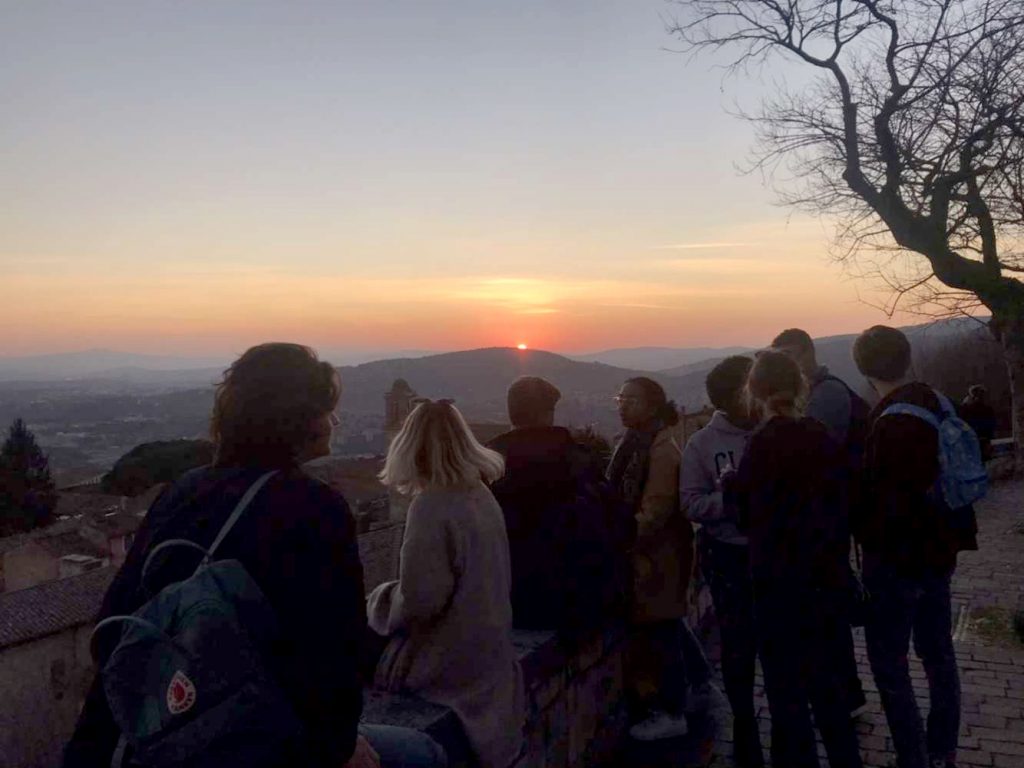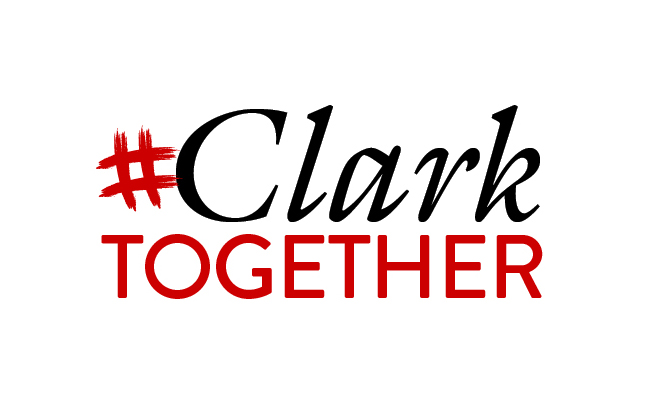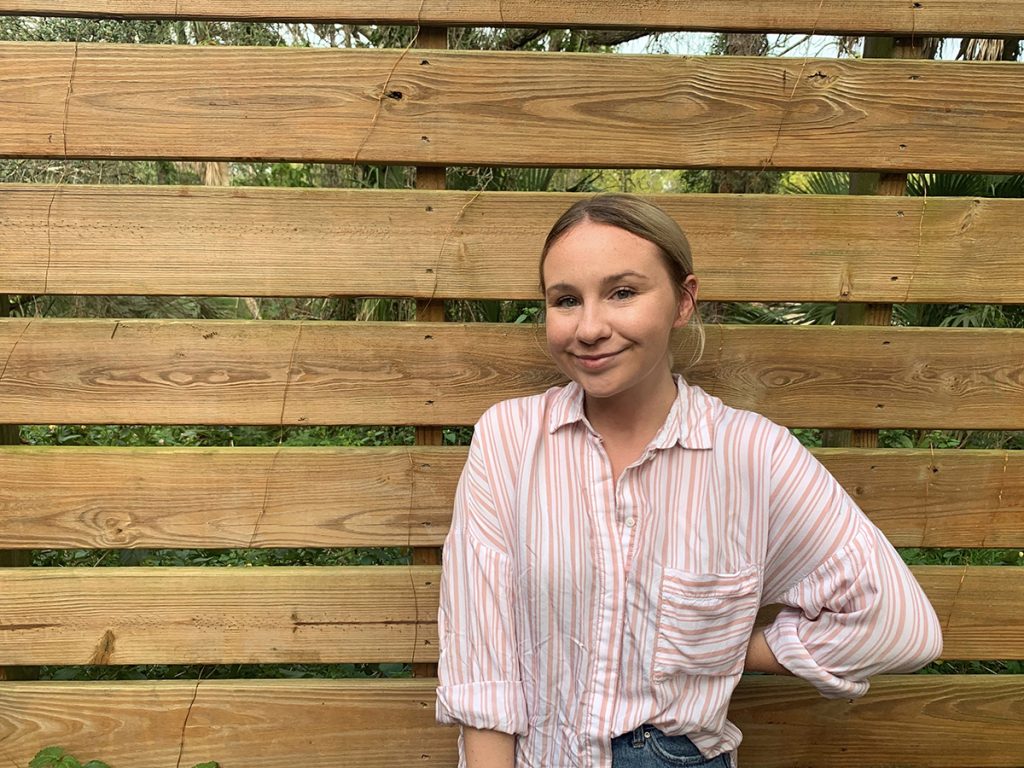#ClarkTogether
A study abroad dream turned COVID-19 reality

When I first landed in Italy to begin my semester-long study abroad experience in Perugia, a medieval city located in the Umbria region, I had many worries. I wondered if I would become homesick, how I would make friends with students from across America, and how I would be able to overcome the language barrier without knowing any Italian. Ultimately, the thing that was the least of my worries at the time, the coronavirus outbreak ravaging Wuhan, would become my biggest obstacle. I never dreamed that my experience would end only two months after it started — or that I would find myself so close to the epicenter of a pandemic.
 The spread of COVID-19 occurred in Italy seemingly overnight. Previously, there had been scattered cases in Rome, likely brought into the country through tourism, but those were well contained. It wasn’t until the outbreaks in Venice and Milan, spurred on by gatherings for the annual Carnival, that the virus began to take hold within the country. Within a single weekend, cases surged and our program canceled classes for the following Monday, urging those students who had been in Northern Italy to self-quarantine.
The spread of COVID-19 occurred in Italy seemingly overnight. Previously, there had been scattered cases in Rome, likely brought into the country through tourism, but those were well contained. It wasn’t until the outbreaks in Venice and Milan, spurred on by gatherings for the annual Carnival, that the virus began to take hold within the country. Within a single weekend, cases surged and our program canceled classes for the following Monday, urging those students who had been in Northern Italy to self-quarantine.
That Monday, those of us who had stayed in Perugia over the weekend congregated on the steps in the center of town, enjoying the sun on our unexpected day of freedom. We talked about the outbreak, but more for the fun of gossip than out of actual worry. After all, we were hours from Northern Italy, no cases had been reported in our region, and, luckily, we were all young and healthy. We weren’t particularly worried at this point. The Umbra Institute, the study center around which we were based, had told us not to worry, and that the issue was contained and classes would resume soon. The staff assured us that while the virus was a threat, the Italian government had acted quickly, putting both the Lombardy and Veneto regions under strict lockdown and prohibiting travel into and out of the infected areas.
After the initial day off, classes resumed, and we all tried to remain positive. Students continued to travel, although the Institute encouraged us to stay close to Perugia and avoid leaving the country. We returned to our favorite restaurants and bars, and daily life in Perugia seemed relatively unaffected by the virus.

Within a week, this sense of security was gone. The following Saturday we woke up to the news that our program was canceled, and that we needed to leave the country by the end of the week. Again, we all gathered in the piazza, but this time the mood was markedly different. Some students cried, while others, like myself, refused to accept the news. I stubbornly believed that I would stay, unable to grasp that this experience, my friends, and my new city, were being taken from me so abruptly. Families called incessantly, trying to arrange last-minute tickets out of Italy for their students.
My parents, while worried, left the decision for travel plans back to America up to me. Clark provided important guidance and offered to reimburse us for travel home. I, like some of my peers, opted to leave Italy but remain in Europe. At the time, the outbreak was relatively contained in Italy, and because I had not been in any of the infected areas, I decided that travel was a safe option.
Thinking back to my actions now, I sound crazy. No one in their right mind should be traveling at the start of a pandemic — it is selfish, encourages the spread of disease, and disrespects the tireless work of thousands of health care workers. But at the time, the virus was only in its beginning stages in Italy and had not yet taken hold in large numbers across the globe. I had never been to any infected areas within Italy and could not have imagined how fast and how wide this disease would spread. For these reasons, I arranged to fly out of Rome the following Friday, like many of my friends; however, I headed to Berlin rather than back to the States. While I am grateful for my experiences, I recognize that travel — even in the beginning stages of the outbreak — was unwise.
In the week that followed, my parents and I watched as travel restrictions began, and I eventually had to fly home from London, on the eve of the president’s ban on all travel from the U.K.
While in London, I met a student originally from Northern Italy. He had been studying abroad but was opting to return home. He explained he wanted to be with his family and to live under a government strictly enforcing the quarantine. Knowing how the virus spread through all of Italy, I hope that he is safe.
During my first weeks back, I watched as the situation worsened throughout Europe and many parts of America. It was a relief to return home when I did, and I’m thankful I did not develop any symptoms during my two weeks in quarantine.
I am attending online classes now through my Italian study center, trying to stay connected to my friends from Perugia via social media, and practicing social distancing in my home in South Carolina. While my professors and advisers at Clark have made this transition as smooth as can be expected, I, like most of my peers, am still adjusting to this new version of normal.
Although my experience was cut short, I am thankful for all I was able to do in two short months: I traveled around Italy, tried new foods, attended wine tastings, and formed amazing relationships with students from all over the U.S. I am so grateful to all of my professors, who have been working hard to keep us engaged in classes, and to the Umbra Institute, which has worked tirelessly to guide us through this unprecedented situation.
My study abroad experience taught me not only about Italian culture but also about myself, and about people’s ability to come together in a crisis.
One day, when this has passed, I hope to return to Perugia.


